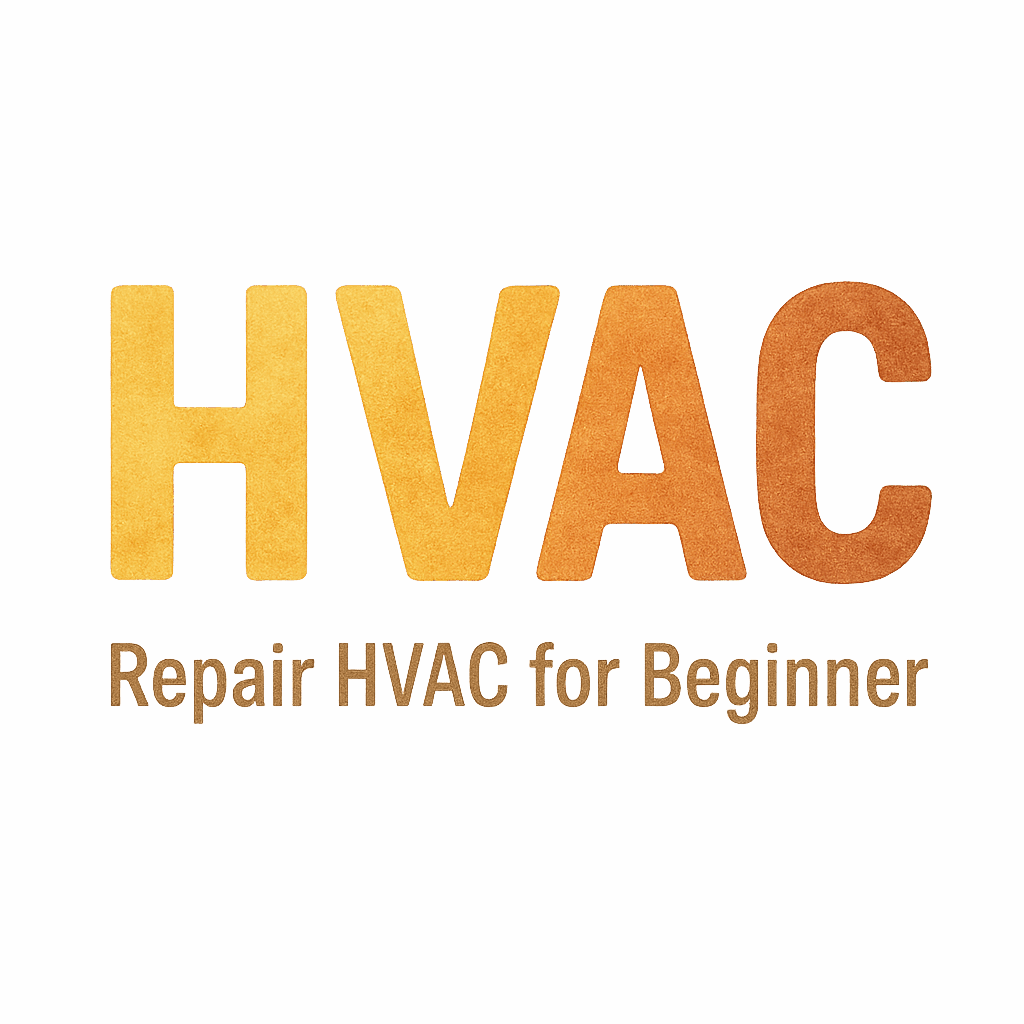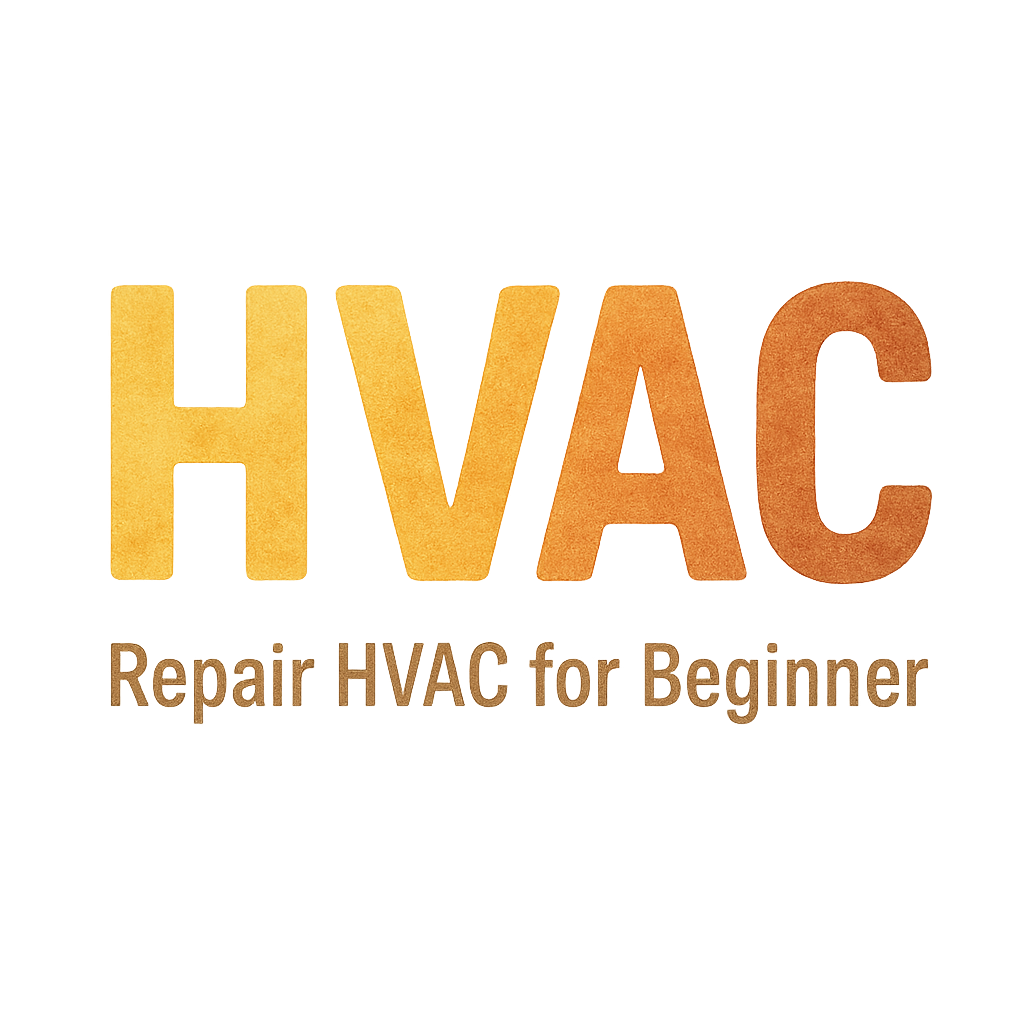Introduction to HVAC Shutdowns
Have you ever experienced your HVAC system shutting down unexpectedly in the middle of a hot summer day or during the winter chill? It’s not just an inconvenience—it can feel like an emergency. HVAC systems are supposed to provide comfort, but when they stop working suddenly, it can throw your whole routine off track.
This article covers the 7 common causes of sudden HVAC shutdowns and how to troubleshoot and prevent these issues from interrupting your comfort. Whether it’s a malfunctioning thermostat, dirty air filters, or something more complex like electrical problems, we’ll dive into the most frequent culprits.

1. Dirty Air Filters
One of the most common reasons HVAC systems shut down unexpectedly is dirty air filters. Air filters trap dust, dirt, and debris, preventing them from circulating through your home. Over time, however, they can become clogged, limiting airflow and causing the system to overheat or shut off completely.
How Dirty Air Filters Affect HVAC Systems
When air filters are clogged, airflow is restricted. This can lead to several problems, including the system overheating, which will trigger a shutdown for safety purposes. Additionally, poor airflow causes the system to work harder, leading to higher energy consumption and potential damage to key components.
Signs Your Air Filter Needs Cleaning
You’ll know it’s time to clean or replace the air filter if you notice:
- Reduced airflow from your vents
- Dust accumulation around the vents
- Increased energy bills
- The system running continuously without reaching the set temperature
To prevent this, regular cleaning or replacement of the air filter is essential. You can read more about HVAC maintenance basics for beginners to stay on top of your system’s upkeep.
2. Electrical Problems
Electrical problems are a significant reason for HVAC shutdowns. Issues like a faulty circuit breaker, blown fuses, or damaged wiring can prevent your system from functioning properly. These problems can occur due to power surges or worn-out components.
Faulty Circuit Breaker or Blown Fuses
If your HVAC system is frequently tripping the circuit breaker or blowing fuses, this is a sign that there’s an underlying electrical issue. A malfunctioning component may be drawing too much power or short-circuiting, causing the breaker to shut off to prevent further damage.
Damaged Wiring or Loose Connections
Damaged or loose wiring can also be responsible for sudden HVAC shutdowns. This could happen over time due to wear and tear or improper installation. Faulty wiring may cause the system to shut off intermittently or fail to start altogether.
For more tips on troubleshooting electrical issues in your HVAC system, visit our HVAC troubleshooting and repair page.
3. Overheating Components
HVAC systems are designed to work efficiently at certain temperatures, but when key components like the compressor or fan motor overheat, they will trigger an automatic shutdown to prevent damage.
Why Your HVAC System Might Overheat
Several factors can cause your HVAC system to overheat, including:
- Dirty air filters restricting airflow
- Low refrigerant levels
- Malfunctioning fans
- Blocked condenser coils
Regular maintenance is critical for preventing overheating. A simple step like HVAC cleaning and maintenance can prevent these issues from arising.
How to Prevent Overheating in Your HVAC System
Routine checks, such as cleaning the air filters, ensuring proper airflow, and inspecting the condenser for debris, will keep your system running efficiently. Don’t forget to schedule an annual check-up with an HVAC professional to catch any potential overheating risks early.
4. Refrigerant Leaks
Refrigerant is essential to the cooling process in your HVAC system. When there’s a refrigerant leak, the system loses its cooling power, leading to poor performance or complete failure.
How Refrigerant Leaks Impact Your HVAC System
Low refrigerant levels strain the compressor, leading to overheating and eventually causing a shutdown. If your HVAC system isn’t cooling properly or is cycling on and off, a refrigerant leak might be the cause.
Identifying and Fixing Refrigerant Leaks
Detecting a refrigerant leak requires professional expertise. If you suspect a leak, call an HVAC technician to inspect the system, repair the leak, and recharge the refrigerant levels. Learn more about refrigerant problems and solutions.
5. Broken Thermostat
The thermostat is the control center of your HVAC system. When the thermostat malfunctions, it can send incorrect signals to the HVAC system, causing it to shut down prematurely.
Why a Faulty Thermostat Can Cause Shutdowns
A faulty thermostat can be due to:
- Dead batteries
- Miscalibration
- Internal sensor failure
This can lead to the system turning off unexpectedly, even if the desired temperature hasn’t been reached.
How to Test and Replace Your Thermostat
First, check if the thermostat needs new batteries. If that doesn’t solve the issue, consider recalibrating or replacing the thermostat. You can follow our guide on thermostat maintenance tips to ensure your system runs smoothly.
6. Clogged Drain Lines
HVAC systems rely on drain lines to remove excess moisture created during the cooling process. If these drain lines become clogged, water can accumulate inside the unit, triggering a shutdown to prevent water damage.
How Clogged Drain Lines Lead to HVAC Failure
When the drain lines are blocked, excess moisture will build up in the system, potentially causing the system to shut down to protect itself. Over time, standing water can lead to mold growth and other harmful effects on the system.
Maintenance Tips for Preventing Clogs
To avoid clogged drain lines, it’s important to clear the lines regularly. Use a wet/dry vacuum to remove any blockages and pour a mixture of water and bleach down the drain to prevent mold and algae buildup. You can get more tips on HVAC care by visiting our monthly HVAC maintenance checklist.
7. Failed Capacitors
Capacitors are responsible for supplying the necessary energy to start the HVAC system’s motors. If a capacitor fails, your HVAC system may fail to start or may shut down unexpectedly.
What Capacitors Do in Your HVAC System
Capacitors help start the compressor and fans in your HVAC system. Without a properly functioning capacitor, the system cannot run effectively.
Signs of a Faulty Capacitor and How to Replace It
Symptoms of a failing capacitor include:
- Clicking sounds when the system tries to start
- A complete lack of power to the compressor or fans
If you suspect a capacitor issue, it’s best to call in an HVAC technician to replace it. For more information on common HVAC problems and their fixes, check out our expert guides.
Conclusion
A sudden HVAC shutdown can leave you feeling stranded, but understanding these 7 common causes can help you troubleshoot and prevent future issues. Regular maintenance, timely repairs, and addressing these common causes early will ensure your HVAC system runs smoothly year-round.
FAQs
- How often should I change my HVAC air filter?
- Air filters should be replaced every 1-3 months, depending on your system’s usage and the filter type.
- What should I do if my thermostat is not working?
- Start by checking the batteries, recalibrate the settings, or replace the thermostat if it’s malfunctioning.
- Can low refrigerant levels cause HVAC shutdowns?
- Yes, low refrigerant can cause the system to overheat, leading to a shutdown.
- How can I prevent HVAC overheating?
- Regularly clean the air filters, check airflow, and schedule an annual inspection to prevent overheating.
- What’s the best way to clean HVAC drain lines?
- Use a wet/dry vacuum to clear debris, then flush with water or a mild bleach solution to kill bacteria and algae.
- Why is my HVAC system constantly tripping the circuit breaker?
- This may indicate a fault in the electrical system, such as a short circuit or blown fuse.
- Can I fix a broken capacitor myself?
- Capacitors are dangerous to handle, so it’s best to call a professional HVAC technician to replace them.


